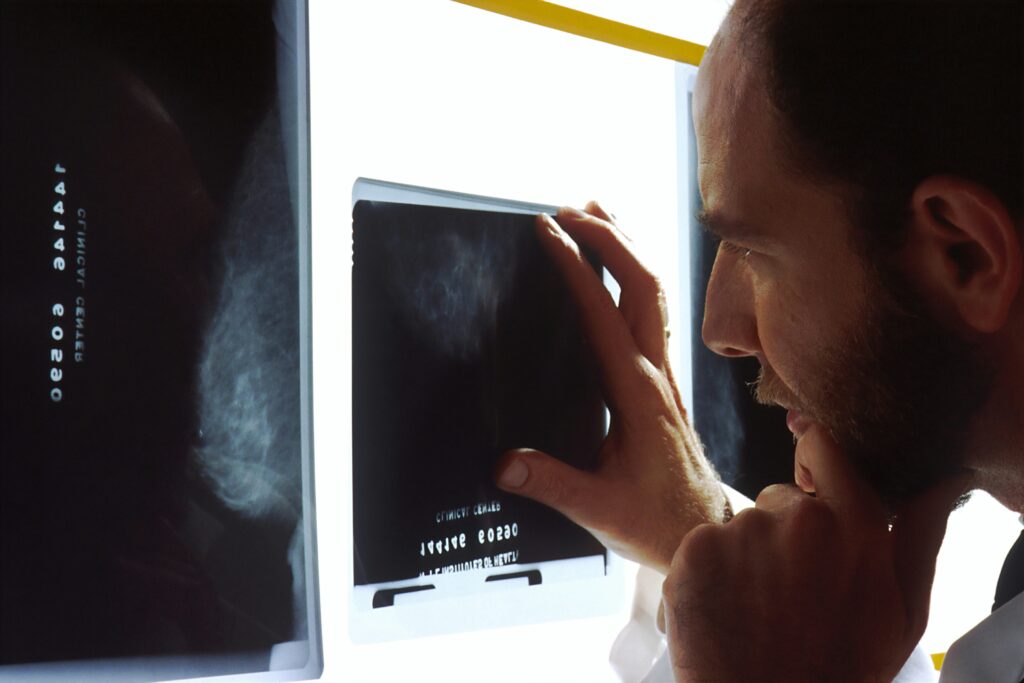
DALLAS and WASHINGTON, August 14, 2025 — Nearly half of all adults in the United States are grappling with high blood pressure, a condition that remains the leading preventable risk factor for cardiovascular diseases such as heart attack, stroke, and heart failure. In a significant development, the American Heart Association (AHA) and the American College of Cardiology (ACC) have released a new set of guidelines emphasizing early intervention and lifestyle modifications to tackle this pervasive health issue.
The guidelines, published in the AHA’s journals Circulation and Hypertension, as well as in the ACC’s flagship journal JACC, advocate for a proactive approach to blood pressure management. This includes the use of lifestyle changes and medications, as necessary, to mitigate the risks associated with high blood pressure, which also include kidney disease, cognitive decline, and dementia.
Key Recommendations and Innovations
The new guidelines introduce several important updates since the previous 2017 guidelines. Among these is the introduction of the PREVENT™ risk calculator, a tool designed to estimate an individual’s cardiovascular disease risk and tailor treatment accordingly. This calculator considers various health indicators, including zip code as a proxy for social determinants of health, to provide a more comprehensive risk assessment.
Dr. Daniel W. Jones, Chair of the guideline writing committee, emphasized the importance of addressing individual risks earlier and offering tailored strategies. “By addressing individual risks earlier and offering more tailored strategies across the lifespan, the 2025 guideline aims to aid clinicians in helping more people manage their blood pressure and reduce the toll of heart disease, kidney disease, Type 2 diabetes, and dementia,” he stated.
Importance of Lifestyle Modifications
The guidelines strongly reinforce the role of healthy lifestyle behaviors in preventing and managing high blood pressure. Health care professionals are encouraged to work with patients to set realistic, achievable goals. Key lifestyle recommendations include:
- Limiting sodium intake to less than 2,300 mg per day, with an ideal target of 1,500 mg per day.
- Consuming alcohol in moderation, with no more than two drinks per day for men and one for women.
- Managing stress through exercise and techniques such as meditation and yoga.
- Maintaining a healthy weight, aiming for at least a 5% reduction in body weight for those with overweight or obesity.
- Following a heart-healthy eating pattern, such as the DASH diet, rich in vegetables, fruits, and whole grains.
- Engaging in at least 75-150 minutes of physical activity per week, including aerobic and resistance training.
Home blood pressure monitoring is also recommended to confirm office diagnoses and tailor care plans effectively.
Implications for Pregnancy and Cognitive Health
The guidelines highlight the critical need for monitoring and treating high blood pressure before, during, and after pregnancy to reduce the risk of complications such as preeclampsia. Women with chronic hypertension are advised to consider low-dose aspirin to mitigate these risks.
Recent research underscores the link between high blood pressure and cognitive decline. The guidelines recommend early treatment to prevent cognitive impairment, with a systolic blood pressure goal of less than 130 mm Hg for adults with high blood pressure.
Medication Strategies
For those requiring medication, the guidelines suggest a range of options, including ACE inhibitors, ARBs, and calcium channel blockers. In cases of stage 2 hypertension, starting treatment with two medications in a single combination pill is recommended. The inclusion of newer therapies, such as GLP-1 medications for certain patients, is also discussed.
Collaborative Effort and Future Directions
This comprehensive guideline was developed collaboratively by the AHA and ACC, with endorsements from 11 other health organizations. It aims to support healthcare professionals across various disciplines in diagnosing and managing high blood pressure effectively.
As Dr. Jones concluded, “Prevention, early detection, and management of high blood pressure are critical to long-term heart and brain health, which means longer, healthier lives.”
The guideline represents a concerted effort to address a major public health challenge, with the hope of improving outcomes for millions of Americans affected by high blood pressure.





